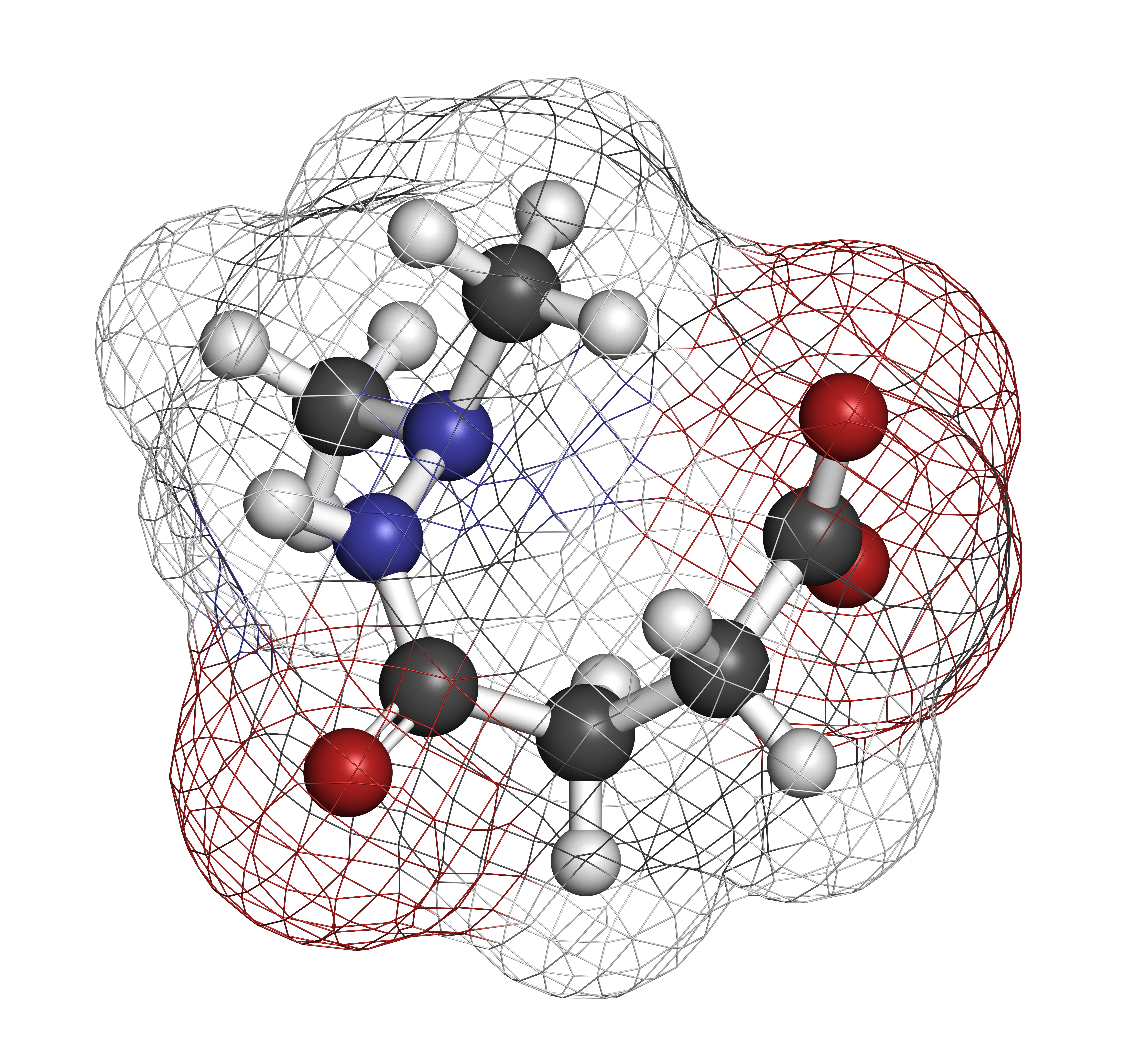- In summary, there is new safe harbor language, a new website for consumers, and attempts to clarify liability as between manufacturers and retailers. The new regulations go into effect on August 30, 2018, new labels can however be used before that time. The language required by Consent Judgments is considered within safe harbor. The new labels contain language that requires the identification of at least one of the Proposition 65 chemicals in the product.The language for each of the types of warnings (i.e. environmental vs. product) has changed.

- The emphasis is for liability to the manufacturer; along with additional duties toward vendors.
- There is new web Proposition 65 site sponsored by OEHHA.
- There are new symbols required on the safe harbor labels.
- Manufacturer/Retail Seller Responsibilities
- Product manufacturers have primary responsibility for warning.
- Manufacturer can label product or provide notice to distributor/importer/retail seller that a product may cause an exposure to a listed chemical.
- Provide warning signs, materials (unless they make other arrangements via contract).
- Retail sellers confirm receipt of notice act as “pass-through” for warning.
- Provide non-English language warnings in certain situations.
- Safe Harbor Content and Methods
- “This product contains….”
- “This product can expose you to….”
- The name of at least one chemical in the warning.
- Warning required for chemicals A and B. Business can include the name of A or B, or both.
- Named chemicals are those for which warning is being provided.
- Business selects which chemical(s) to include in warning.
- Answers question: “What am I being exposed to?”
- OEHHA web site URL
- Warning symbol
- Phase In:
- Two-year phase-in period.
- Effective date of regulation: August 30, 2018.
- Consumer products manufactured prior to the effective date will not require new warnings if they meet existing safe harbor requirements.
- Court-approved warnings expressly recognized and considered “clear and reasonable” for parties to litigation.
- Tailored Warnings; in addition to the specific warnings listed above, the code has modified the warnings for the following categories:
- Environmental Exposure
- Occupational Exposure
- Specific Product, Chemical and Area Exposure Warnings
- Food
- Alcoholic Beverages
- Food and Non-Alcoholic Beverages
- Prescription Drug Exposure and Emergency Medical or Dental Care Exposure
- Dental Care
- Raw Wood Products
- Furniture Products
- Diesel Engines
- Vehicles
- Recreational Vessels
- Enclosed Parking Facilities
- Amusement Parks
- Petroleum Products
- Service Station and Vehicle Repair
- Designated Smoking Areas
Craig A. Tristao is a Partner in the litigation and transactions departments of the firm’s Fresno office. He provides representation to clients in litigation matters involving agricultural law, environmental law, construction law, land use and natural resource law, water law, probate and estates, and eminent domain matters that involve the California High Speed Rail Authority. Craig also assists clients with regulatory compliance issues concerning the Clean Water Act (CWA), the Porter-Cologne Act, and the Clean Air Act (CAA). In addition to litigation, Craig also represents clients before the Regional Water Quality Control Boards and the State Water Resources Control Board, air districts, and the Contractors State License Board (CSLB). He has also been named a Super Lawyers “Rising Star” for 2015-2018 (2.5% of lawyers practicing under 10 years). You can contact Craig at (559) 248-4820 or ctristao@ch-law.com.
Established in 1994, Coleman & Horowitt is a state-wide law firm focused on delivering responsive and value driven service and preventive law. The firm represents businesses and their owners in matters involving transactions, litigation, agriculture and environmental regulation and litigation, intellectual property, real estate, estate planning and probate. The Firm has been recognized as a “Top Law Firm” (Martindale Hubbell) and a “Go-To” Law Firm (Corporate Counsel). From six offices in California (Fresno, Visalia, Sonora, Newport Beach, Bakersfield, and Los Angeles) and the Firm’s membership in Primerus, a national and international society of highly rated law firms (www.primerus.com), the Firm has helped individuals and businesses solve their most difficult legal problems. For more information, see www.ch-law.com and www.Primerus.com.
Disclaimer: This article is intended to provide the reader with general information regarding current legal issues. It is not to be construed as specific legal advice or as a substitute for the need to seek competent legal advice on specific legal matters. This publication is not meant to serve as a solicitation of business. To the extent that this may be considered as advertising, then it is expressly identified as such.

